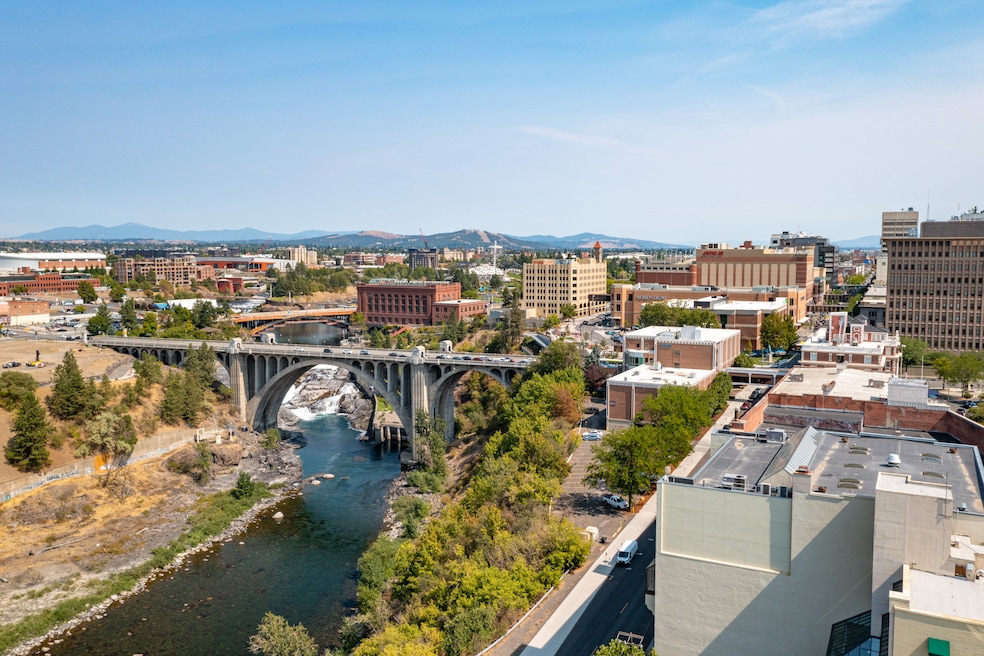A Washington county saw its housing supply dry up amid an influx of new residents during the COVID-19 pandemic. Now, Washington state has passed a law that offers developers an incentive to replenish that county's stock with affordable options.
Gov. Bob Ferguson has signed a bill to waive utility connection fees for new affordable housing developments for low-income renters and homebuyers in Spokane County. Utility fees include the cost of a developer plugging into a community’s sewage and water systems, gas lines and electrical grid. The law goes into effect only in Spokane County in late July.
About a four-hour flight from Seattle’s King County, Spokane County saw an uptick in new residents during the pandemic. The county has an estimated 555,947 residents, up from 539,339 in 2020, according to the U.S. Census Bureau.
The rise in newcomers led to housing price increases and a tightening of supply, said state Sen. Marcus Riccelli, Democrat of Spokane who cosponsored the bill. The community needs more housing, and this law is meant to save developers of affordable options about $100,000 on average, Riccelli said.
Washington is desperate to boost its housing stock, Riccelli said. “It’s an all-of-the-above type of strategy. This is a slice.”

The state defines affordable housing properties as those capping rents at 60% of the area median income for renters and 80% for owner-occupied housing.
The bill has been in the works since January, Riccelli said. He plans on monitoring its effectiveness by circling back with the bill’s proponents, including the local Habitat for Humanity. He said he wants to hear that developers used the savings to help build at least one more large-scale community per year, or one with at least 25 residences.
Law is a pilot program of sorts
If it’s successful, Riccelli said, then the law may inspire other counties across the state to adopt it.
One drawback: The city of Spokane needs that revenue. It faces a deficit of $25 million this year. How much the bill could add to that deficit is unknown.
Still, he said, the city backs the law.
“Housing is health. You’re not going to be healthy if you don’t have a roof over your head. We are in agreement — it’s a top priority.”
